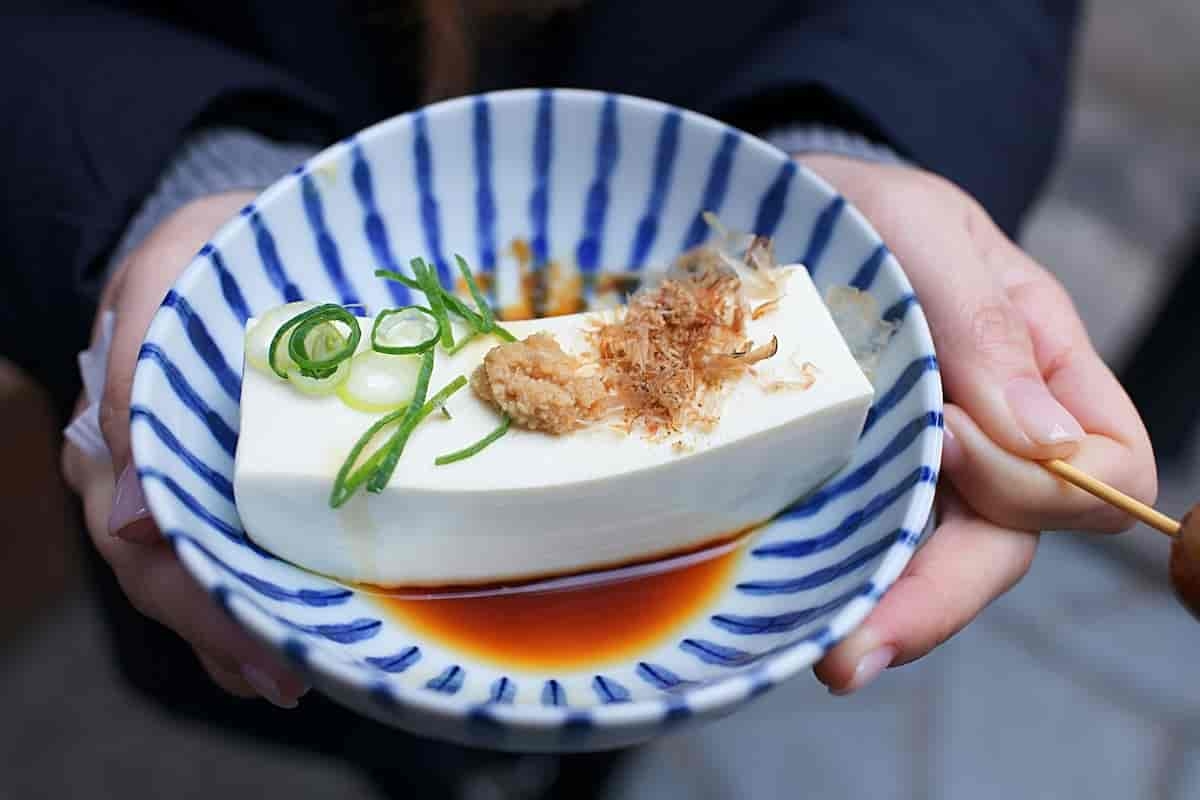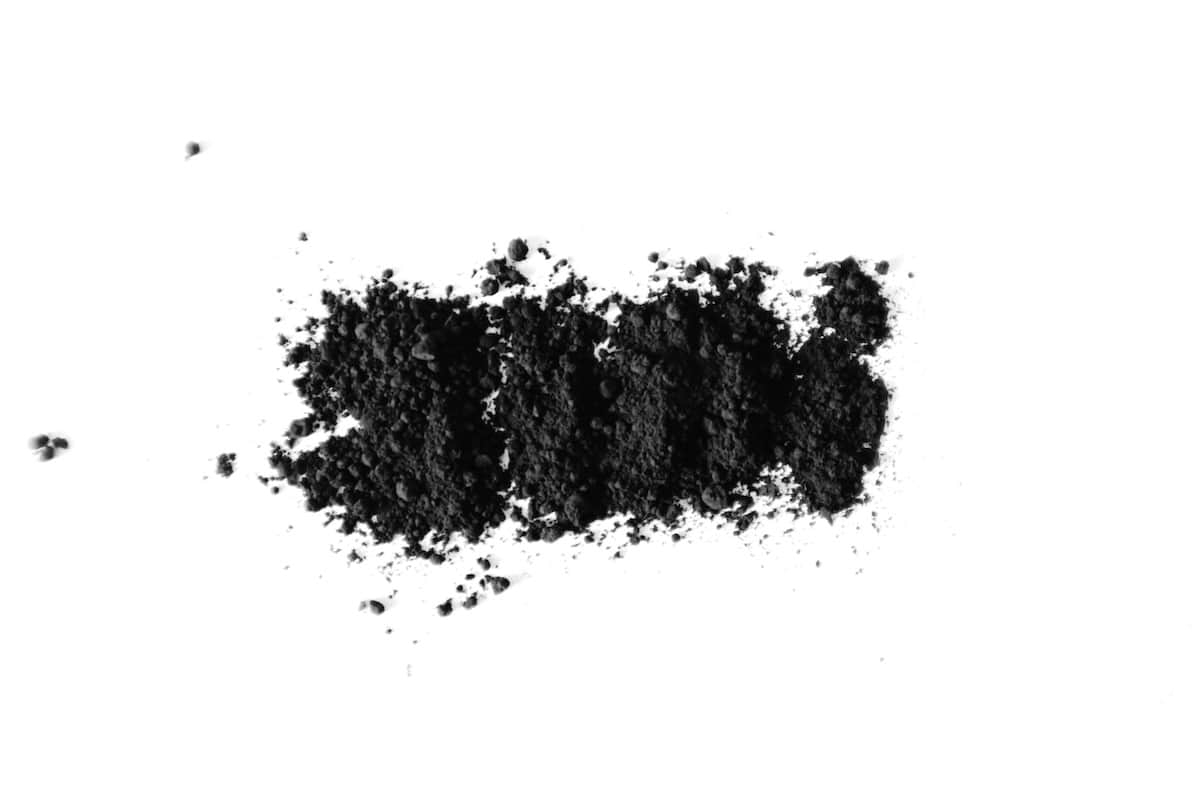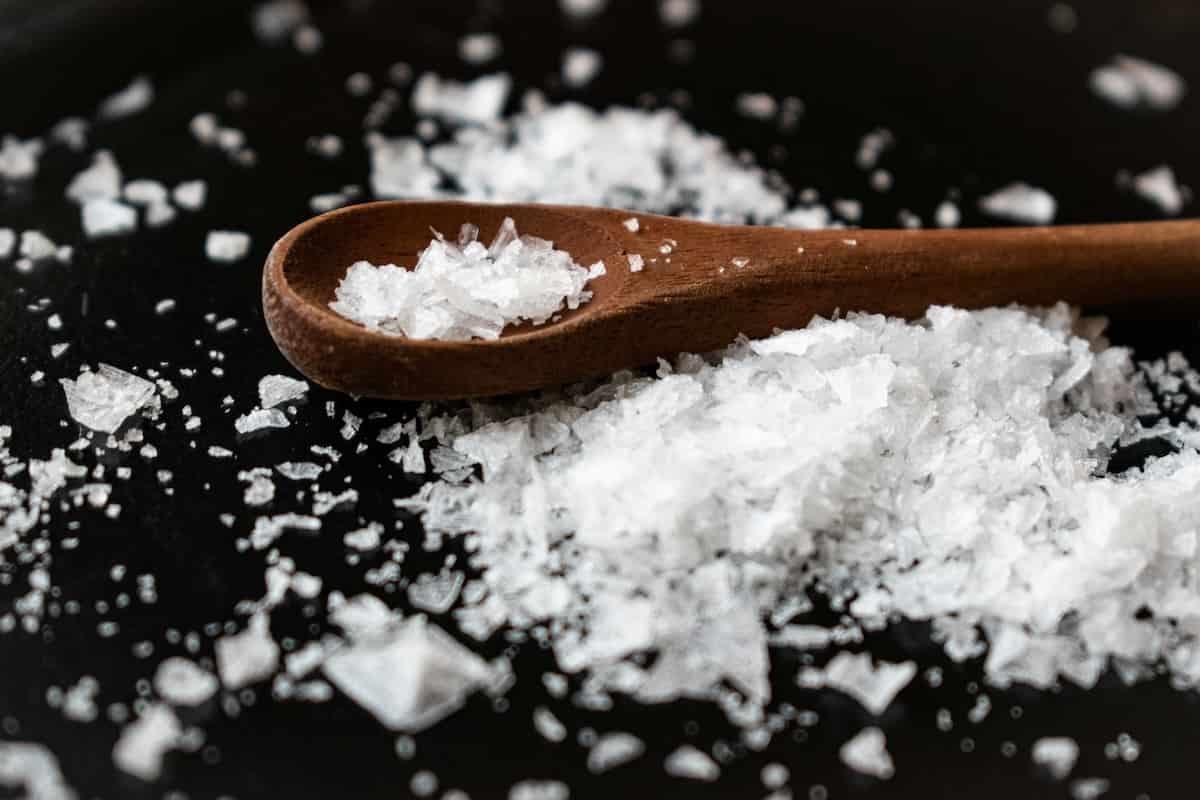Last update: March 24, 2025
6 minute read
Health and Nutrition Benefits of Jicama
Ever wonder what jicama can do for your health? Discover the surprising benefits of this crunchy root and how it may boost digestion, heart health, and more.

By Stephanie Wright, RN, BSN
Edited by Dr. Dimitar Marinov, MD, RDN, PhD

Have you ever bitten into something that's both refreshingly crisp and packed with nutrients? If not, it's time to meet jicama—a root vegetable that's more than just a crunchy snack. Originating from Mexico and Central America, jicama is making waves for its impressive health benefits. Let's dive into what makes this versatile veggie a must-add to your grocery list.
Key takeaways
- Jicama is low in calories but high in fiber and water content, making it ideal for weight management and hydration
- Rich in a prebiotic fiber called inulin, it supports a healthy gut microbiome and aids digestion
- Packed with antioxidants like vitamin C, jicama boosts the immune system and reduces oxidative stress
What is jicama?
Jicama is a root vegetable native to Mexico and Central America. It has a crisp, crunchy texture and a mildly sweet flavor, often described as a cross between an apple and a potato. The vegetable is typically eaten raw, either sliced or julienned, and is commonly used in salads, slaws, or as a snack with a sprinkle of chili powder or lime.
Jicama is low in calories and high in fiber, vitamin C, and many antioxidants, making it a nutritious addition to many dishes. It has a brown, papery skin that is removed before consumption, revealing a white, fleshy interior.
VitaRx Tip
Jicama has been a staple in Mexican cuisine for centuries. Often referred to as the "Mexican turnip," it's enjoyed raw with a sprinkle of chili powder and lime juice—a delightful combination of flavors!
Nutritional powerhouse
Ever wondered what makes jicama stand out among other veggies? For starters, it's low in calories—about 37 calories per 100 grams (about ⅔ cup)—yet high in fiber and water content.
This means you can munch away without worrying about overindulging. Plus, with 90% water content, jicama keeps you hydrated and feeling full.
A boost for your gut
Did you know that your gut is home to trillions of bacteria? Feeding these beneficial microbes is essential for digestion and overall health. Jicama is rich in inulin, a type of prebiotic fiber that nourishes your gut flora.
By adding jicama to your diet, you're giving your probiotics the fuel they need to thrive, aiding in digestion and nutrient absorption. A healthy gut can also improve immune function and even influence mood and mental health.
Antioxidant-rich
We all hear about antioxidants, but why are they so important? Antioxidants combat oxidative stress in your body, which may lead to chronic diseases. Jicama is a fantastic source of vitamin C—just one cup provides about 26 milligrams, nearly half of your daily recommended intake.
This not only bolsters your immune system but also protects against diseases like cancer and heart disease. Including antioxidant-rich foods like jicama in your diet contributes to overall health and longevity.
Blood sugar friendly
If you're watching your blood sugar levels, jicama has got you covered. Its low glycemic index means it won't cause spikes in blood glucose.
The high fiber content slows sugar absorption, making it an excellent choice for those managing diabetes. Foods that regulate blood sugar may also support sustained energy levels throughout the day.
Heart health hero
Heart disease is a leading health concern, but diet plays a significant role in prevention. Jicama's fiber helps lower cholesterol levels, while its potassium content may reduce blood pressure.
Additionally, the nitrates in jicama improve blood circulation, all contributing to a healthier heart. Including heart-friendly foods like jicama can be a delicious way to support cardiovascular wellness.
Strengthening your bones
Bones need more than just calcium. Jicama provides essential minerals like calcium, phosphorus, magnesium, and manganese—all crucial for maintaining bone density.
The inulin fiber also enhances calcium absorption, reducing the risk of osteoporosis. Strong bones are vital for overall mobility and health, especially as you age.
Brain fuel and weight management
Looking to sharpen your mind? Jicama is rich in vitamin B6, which supports brain health and cognitive function.
Nutrients like vitamin B6 are essential for neurotransmitter synthesis, affecting mood and concentration. Moreover, its low-calorie, high-fiber profile makes it a smart choice for weight loss.
It keeps you feeling satisfied longer, so you're less likely to reach for unhealthy snacks. Foods high in fiber may aid in weight management by promoting a feeling of fullness.
Culinary versatility: How to enjoy jicama
Not sure how to include jicama in your meals? This versatile root can be:
- Eaten raw: Slice it into sticks and enjoy with dips like hummus or guacamole.
- Added to salads: Chop it into cubes for a refreshing crunch.
- Stir-fried: Incorporate it into stir-fries for added texture.
- Baked: Make jicama fries as a healthier alternative to potato fries.
Get creative in the kitchen
Experimenting with jicama in your recipes can add both nutritional value and a unique texture to your dishes.
Safety first
While jicama is packed with benefits, it's important to note that only the root is edible. The rest of the plant, including the beans and flowers, contains a toxic compound called rotenone. So, when preparing jicama, make sure to peel it thoroughly and discard any other parts.
Potential side effects and considerations
Though jicama is generally safe for most people, consuming it in excessive amounts might lead to digestive discomfort due to its high fiber content. If you're new to high-fiber foods, introduce jicama gradually into your diet. Additionally, those with allergies to root vegetables should exercise caution and consult a healthcare professional if unsure.
Frequently asked questions (FAQ)
Here are some of the most frequently asked questions about jicama.
Final thoughts
Jicama might just be the crunchy, nutritious addition your diet has been missing. From promoting gut health to boosting your immune system, this versatile root offers a plethora of benefits.
So next time you're at the grocery store, why not pick up some jicama and give it a try? Embracing foods like jicama can be a simple step toward a healthier, more vibrant you.
— Dr. Dimitar Marinov, MD, RDN, PhDIncluding jicama into your diet provides essential fiber and antioxidants that not only enhance digestive health but also support heart health and stabilize blood sugar levels, making it a valuable addition to a balanced lifestyle.
Sources and references
- Jicama a Healthy Appetizer - Visor Redalyc
- Jicama (Pachyrhizus erosus) fiber prevents excessive blood glucose and body weight increase without affecting food intake in mice fed with high-sugar diet
- The Bioactivity and Phytochemicals of Pachyrhizus erosus (L.) Urb.: A Multifunctional Underutilized Crop Plant - PMC
Author

Stephanie Wright
Stephanie brings over 13 years of diverse nursing experience to the table, having honed her expertise in critical care, mental health, and utilization management. Her journey as a registered nurse across these various healthcare sectors underscores her adaptability and deep commitment to patient care.
Fact checker

Dr. Dimitar Marinov
Dr. Marinov has years of experience in scientific research and preventive and clinical medicine. His publications in peer-reviewed journals are on nutritional status, physical activity, and musculoskeletal disorders among adolescents.
At VitaRx, we're not just passionate about our work — we take immense pride in it. Our dedicated team of writers diligently follows strict editorial standards, ensuring that every piece of content we publish is accurate, current, and highly valuable. We don't just strive for quality; we aim for excellence.
Related posts
While you're at it, here are some other relevant articles you might be interested in.

Get your personalized vitamin recommendations in less than
5 minutes.
Get your personalized vitamin recommendations in less than
5 minutes.






